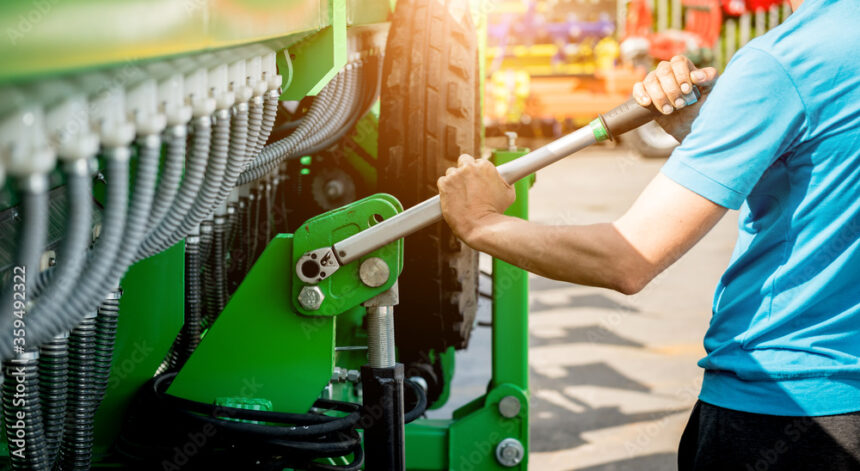Here are 10 things you should know about an Agricultural Technician job:
- Role and Responsibilities: Agricultural Technicians are professionals who assist in various tasks related to agricultural research, production, and management. They work closely with farmers, agronomists, and scientists to support and implement agricultural practices.
- Fieldwork and Lab Work: Agricultural Technicians often perform a combination of fieldwork and lab work. They may collect soil and crop samples, conduct experiments, and analyze data in the laboratory. They also spend time in the field, monitoring crops, testing equipment, and implementing agricultural practices.
- Crop and Livestock Management: Agricultural Technicians are responsible for assisting with crop and livestock management. This may involve planting, fertilizing, irrigating, and harvesting crops, as well as monitoring animal health, handling vaccinations, and assisting with breeding programs.
- Equipment and Technology: Agricultural Technicians work with a variety of equipment and technology. They operate and maintain farm machinery, such as tractors and irrigation systems, and use precision agriculture tools like GPS and remote sensing to optimize farming practices.
- Data Collection and Analysis: Agricultural Technicians gather data from the field and lab experiments. They use tools like moisture meters, spectrometers, and other instruments to collect accurate measurements. They also analyze data using software programs and assist in generating reports and recommendations.
- Pest and Disease Management: Agricultural Technicians help identify and manage pests, diseases, and weeds that affect crops and livestock. They may assist in implementing integrated pest management strategies, including the use of biological controls and safe pesticide application techniques.
- Environmental Stewardship: Agricultural Technicians play a role in promoting sustainable and environmentally friendly practices. They help implement conservation measures, such as soil erosion control, water management, and nutrient management plans, to minimize the environmental impact of agriculture.
- Safety and Compliance: Agricultural Technicians prioritize safety in their work. They follow safety protocols and guidelines to prevent accidents and injuries. They also ensure compliance with local, state, and federal regulations related to agricultural practices, chemical usage, and record-keeping.
- Continuous Learning: Agriculture is a dynamic field with evolving practices and technologies. Agricultural Technicians need to stay updated with the latest research, advancements, and industry trends. They may attend workshops, conferences, and training programs to enhance their knowledge and skills.
- Collaboration and Communication: Agricultural Technicians work in teams and collaborate with farmers, researchers, and agricultural professionals. Effective communication skills are essential to convey information, share findings, and provide recommendations. They must be able to work well with others and adapt to changing circumstances.
Remember, the specific responsibilities of an Agricultural Technician may vary depending on the organization, location, and specialization. However, these points provide a general overview of what you can expect from the job.
Join 'Farmers Mag' WhatsApp Channel
Get the latest Farming news and tips delivered straight to your WhatsApp
CLICK HERE TO JOIN






